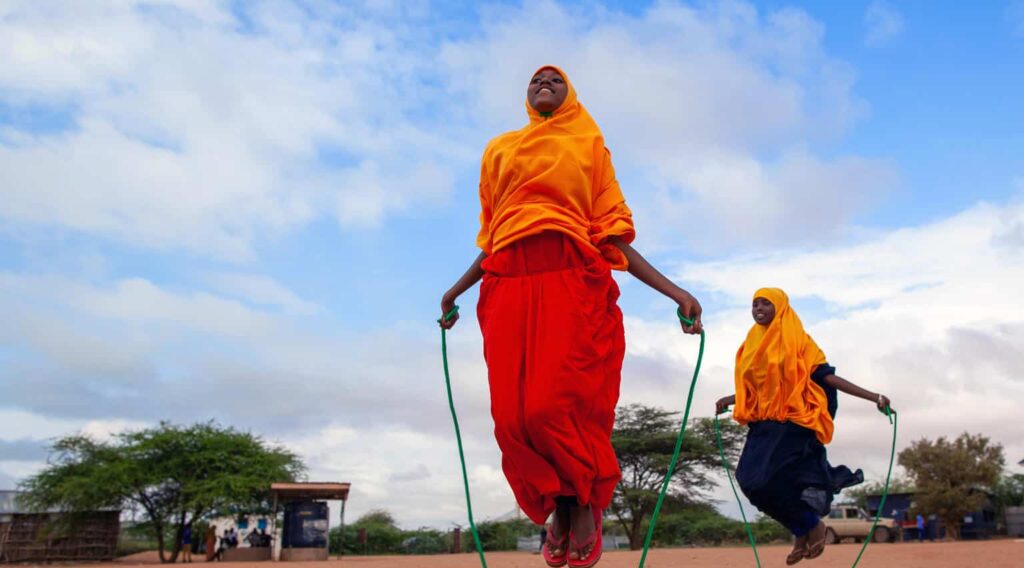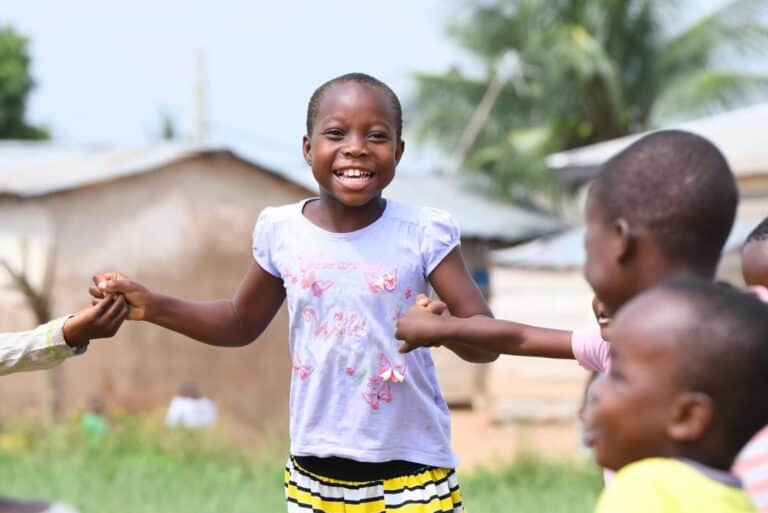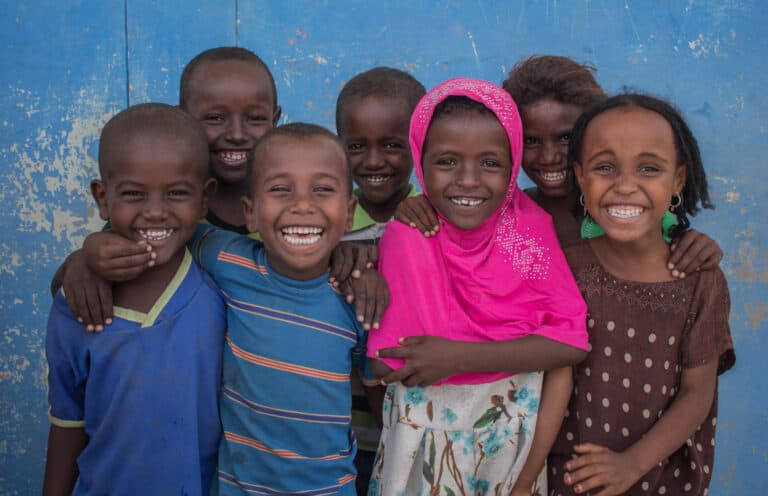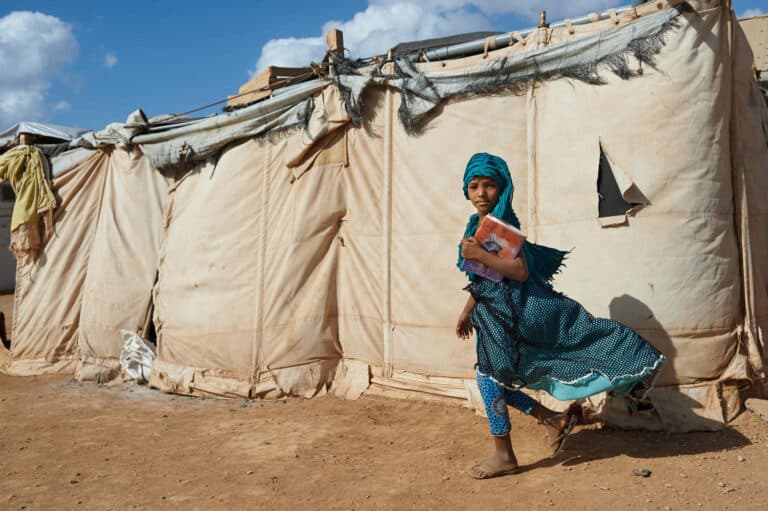Did you know?
- Nearly one in every seven young people globally experience a mental health condition;
- Every year, we lose about 1 adolescent life every 11 minutes to suicide; and
- Among adolescents aged 10-19, anxiety and depression alone make up about 40 percent of all mental health disorders.
When the Sustainable Development Goals were adopted by world leaders in 2015 as a “shared blueprint for the peace and prosperity of people and the planet,” we did not anticipate that a viral pandemic and a looming climate catastrophe would upend our world and threaten progress towards these goals. These events have made the need to protect children’s and adolescents’ mental health and address the underlying social, political, and commercial drivers of poor mental health outcomes even more apparent. Children’s and adolescents’ mental health is in crisis and requires urgent action.
As we celebrate World Mental Health Day 2022, we call for continued investment in strong data systems for mental health. Such systems are foundational to improving children’s and adolescents’ well-being through evidence-driven advocacy and programmatic efforts. Now is the time for the global community to work with country governments and commit, invest, and act on improving the mental health of today’s and tomorrow’s generation of children and young people. However, we lack the data that can tell us who is most suffering, from what, and what would best help.
Data are crucial for understanding the number of adolescents that are affected by mental health conditions, and the gaps and barriers that prevent adolescents from seeking the care and services they most need to survive and thrive. Data can strengthen monitoring efforts, improve evidence-based prioritization of policies and programmes, and boost the allocation of resources (e.g., human, financial, political will, etc.) for child and adolescent mental health. But globally, available data on prevalence of mental disorders cover less than 7 per cent of children and adolescents.
UNICEF has a long legacy of turning data about children into action for improving children’s and adolescents’ lives. UNICEF is working with partners to keep children’s and adolescents’ mental health high on the global agenda and to strengthen countries’ ability to collect, analyse and use data to effectively reach those in need with the services they deserve.
With the support of experts and partners, UNICEF has been leading the development of a suite of data collection tools to measure key aspects of adolescent mental health at the population level across countries. The Measurement of Adolescents’ Mental Health at the Population Level (MMAP) initiative aims to strengthen the monitoring of adolescent mental health and increase the availability of valid and reliable data on mental health. The MMAP tools are designed to be used in different settings, and adapted to capture local expressions and nuances of mental health to make sure we capture the way adolescents speak about their feeling and emotions. This is crucial for generating informative and actionable data.
Starting in 2023, the MMAP tool will be included as a complementary module to measure adolescent mental health in the Multiple Indicator Cluster Survey (MICS), the largest source of statistically sound and internationally comparable data on children and women. This is an important step that will contribute to increasing the availability of high quality data on adolescent mental health and allow users to explore relationships between adolescent mental health and other life experiences that could constitute risk factors for mental health such as poverty, exposure to violence and early pregnancy.
Ultimately, it is difficult to manage what cannot be measured. We are at an inflection point now, and there is a window of opportunity. Making mental health and well-being a global priority requires a transformation of the state of the data ecosystem for mental health. To realize this goal is to realize that everyone has a role to play in investing, committing to, and prioritizing mental health data for children and adolescents.
Related Links:



